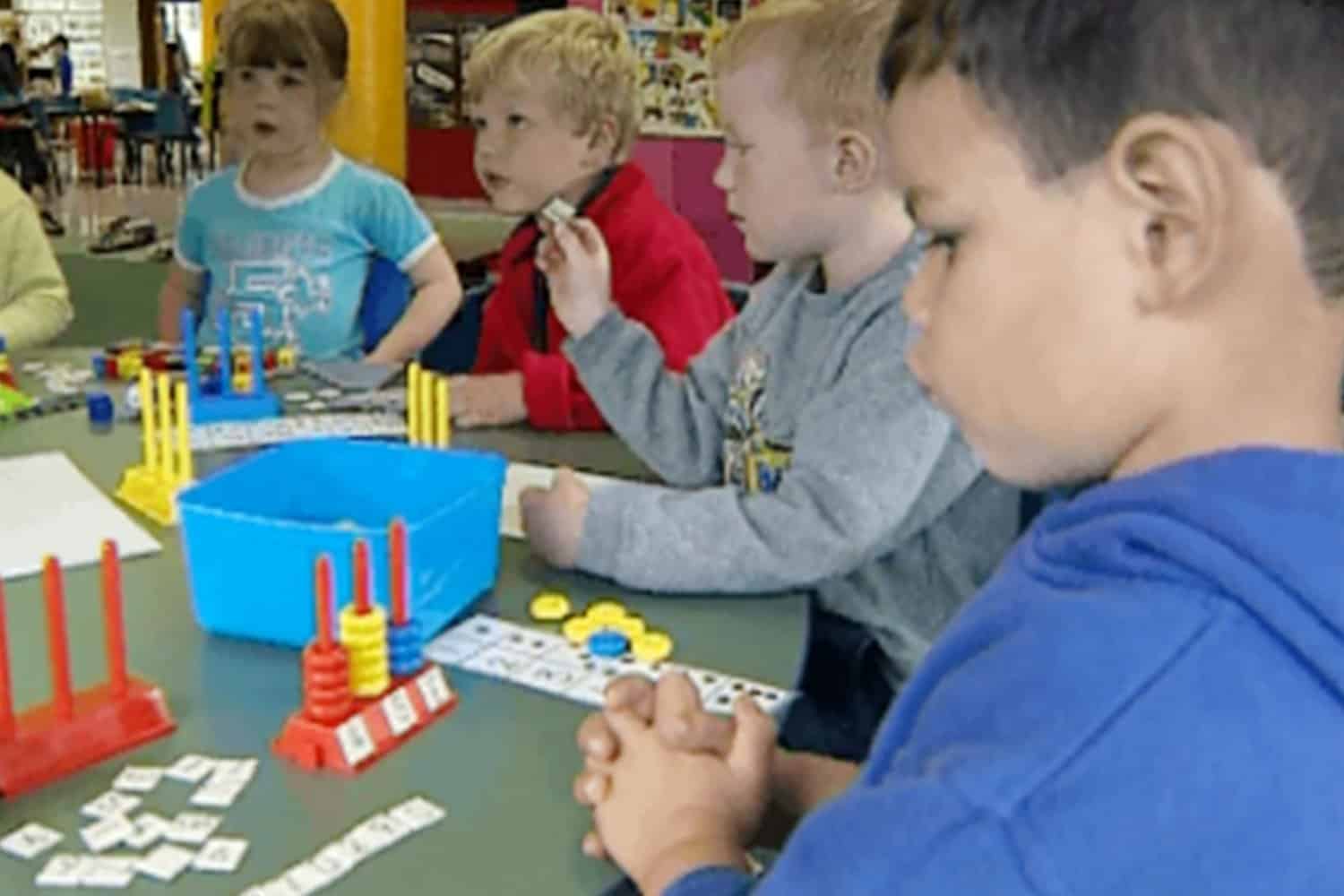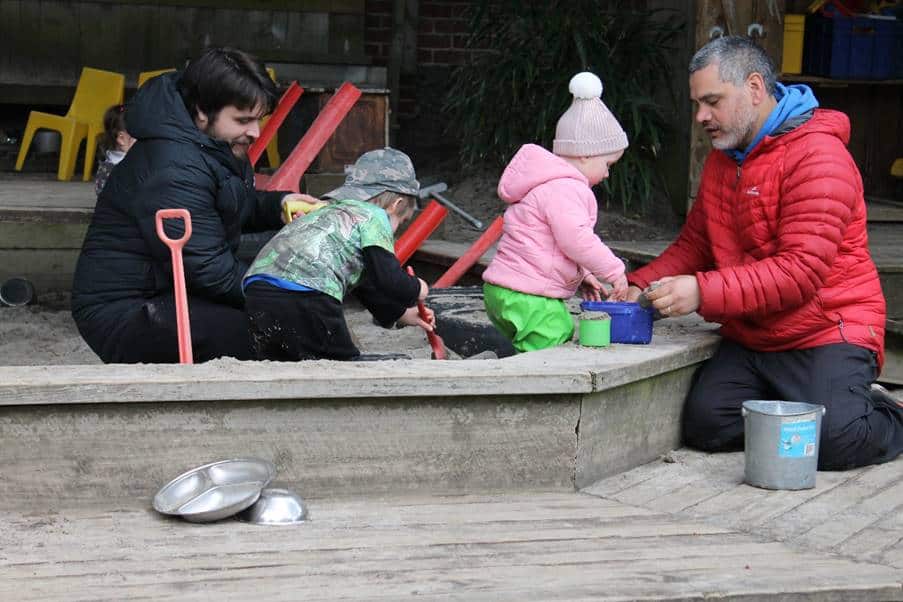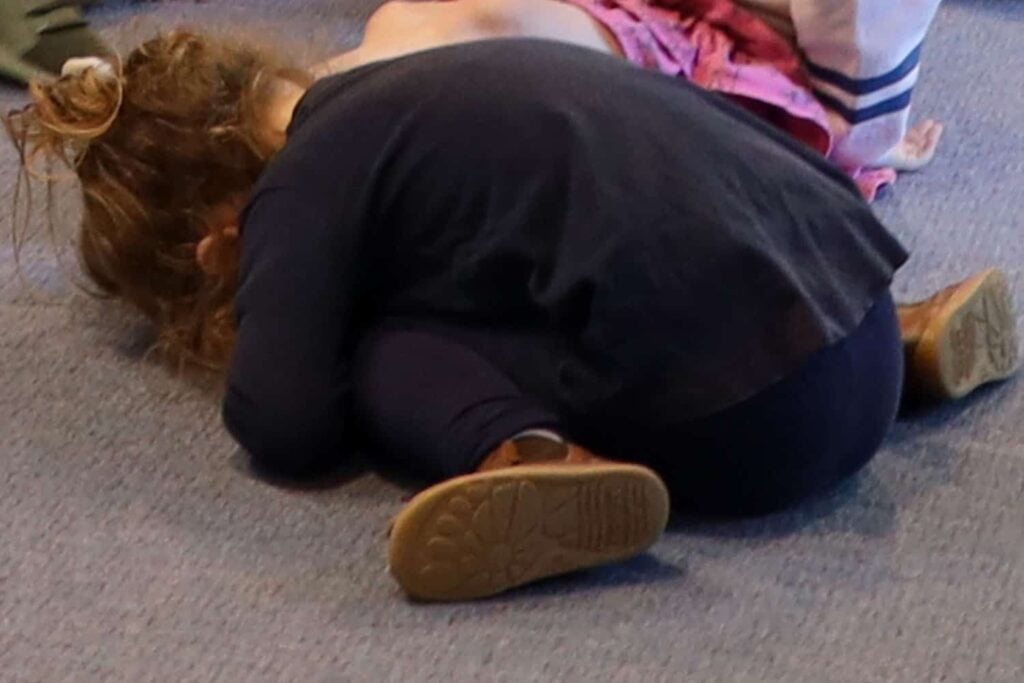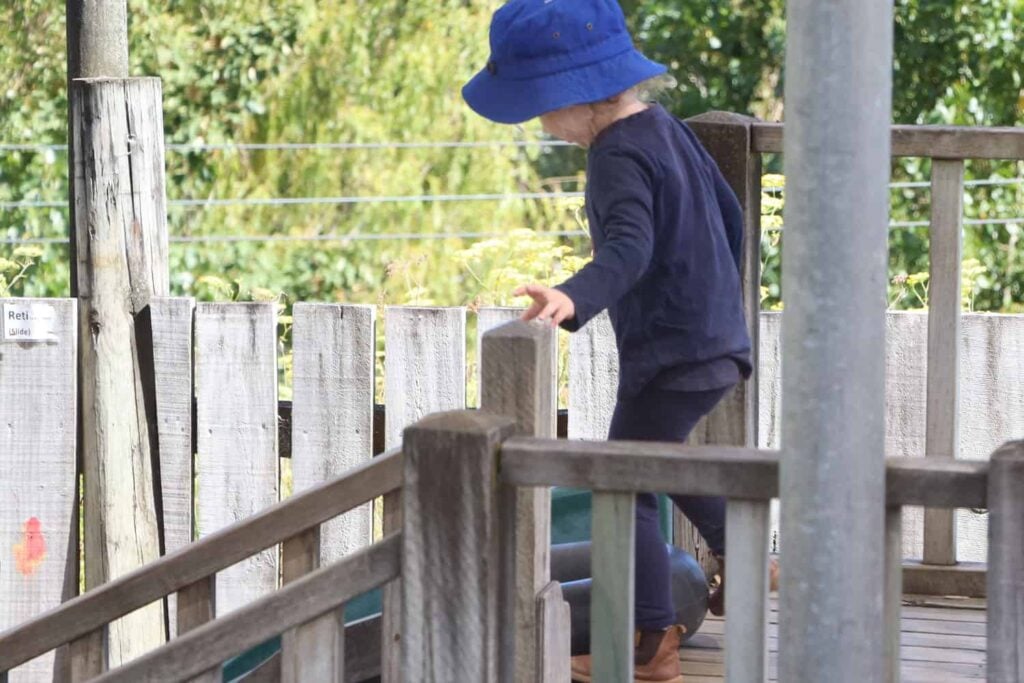Kindergarten Teachers’ Collective Agreement (KTCA) Terms of Settlement.
Before you vote on the KTCA offer agreed by NZEI and the Ministry of Education, check the details.
NZEI believes it is a good offer. It has told members it will be inviting them to attend paid union meetings “to vote on this offer and celebrate the success of our strike action in successfully making our issues a priority for the Ministry of Education”.
But are you happy with what the offer contains?
- An increase of additional professional time for head teachers from 32 to 40 hours?
- Backpay to 1 Dec 2022 and not to 11 July 2022? Explanation: You will miss out on 4 ½ months of backpay as the KTCA expired on 11 July 2022.
- One additional day of sick leave which will not come into effect until next year? Explanation: all you gain from the new contract negotiation is 1 additional day of sick leave if agreeing to the new KTCA of 15 days (since the minimum legal entitlement is now 10 days and carrying forward the extra 4 days previously bargained for in the last collective agreement – 4 extra to the then 5 legal minimum, 9 total). Remember that the primary teacher offer is 20 days sick leave for teachers upon first appointment. Do you believe that working with younger children or for other reasons you should get more sick leave? Bear in mind that in corporate jobs outside of education 15 days sick leave is common and nothing out of the ordinary.
- A Ministry of Education offer of 10 weeks paid sabbatical leave for 20 head teachers (kindergarten principals) per year? Explanation: This may not necessarily be available to principals/head teachers at all associations. Association decisions to allow head teachers to apply or support their individual applications, may for example be influenced by the availability of relievers to cover for them. It is not clear what criteria must be met for a sabbatical (e.g., for beginning or near end-of-career head teachers), and specifically the purpose or end goal to be achieved (e.g., to have a well-earned break or for undertaking a research project?)
- A Ministry of Education offer of a $5,000 payment to 100 Māori teachers/head teachers/senior teachers per year? Explanation: This is for the purpose of cultural recognition – to recognise teacher expertise and leadership in te ao Māori and te reo Māori. There may not be any additional workload for these teachers or performance indicators to meet. It is not clear on what grounds a teacher once awarded the cultural recognition payment would not continue to receive it every year. It is not clear if the recognition payments will be evenly distributed across associations, or if Māori teachers in some associations will miss out. It is not clear if non-Māori teachers who have grown their expertise in te ao Māori and te reo Māori will be eligible for the bonus.
- A Ministry of Education offer to pay the Teaching Council fee for beginning teachers only (this will include ECE, primary, and secondary trained) who progress from their provisional to full certificate during the term of the collective agreement (5 April 2023 – 4 April 2026). Explanation: It is not clear what would happen in the case of a provisionally certificated teacher who takes leave or resigns or does not get their full certificate by 4 April 2026 for any reason – would the ministry require the teacher to pay the money back (currently $512.37)? Experienced kindergarten teachers may question why they have been missed out. Most other employers in the ECE sector subsidise and some pay the full costs of Teaching Council fees for renewal of practicing certificates.
Should you vote “yes” to the offer, then:
- references to a teacher being someone who holds a recognised early childhood teaching qualification will be dropped from the KTCA. So, a kindergarten teacher will be defined simply as a person who holds a practising certificate, including primary and secondary school teachers with no early childhood training. How do you feel about how the Ministry and NZEI view the value of your early childhood qualification? In contrast NZEI and the Ministry have endorsed continuing with the definition of a teacher contained in the Primary Teachers Collective Agreement which is that a ‘teacher’ shall mean a primary teacher who has been fully or provisionally certificated or certificated subject to confirmation by the Teaching Council.
- the resignation period will become longer, by excluding the days or weeks the kindergarten is closed from the 4 weeks’ notice you must give. This is weird because closedowns (term beaks and Christmas period) should be included in the notice period. It could adversely affect the employment prospects of teachers who want to move on from their position since another employer may not be prepared to wait more than 1 month.
- the period of sick leave for which you will have to get a medical certificate at your personal expense will change from 5 or more days to 3 or more days. However, in the primary teachers’ collective agreement offer it remains at 5 days, and the school will pay the teacher’s expenses to obtain a medical certificate if it wants proof of sickness for leave within 5 consecutive days.
Pay was not something kindergarten teachers needed to go on strike for. If school teachers get more pay, then the unified base salary scale is adjusted. The government is committed to a unified pay scale. Furthermore, NZEI has provided assurance that you will not miss out on any pay increase or change in pay for any steps that school teachers may hold out for and get if the new KTCA is signed before the other collective agreements.
Kindergarten teachers felt they needed to strike to draw attention to other conditions of service. Have you been on strike only to be offered breadcrumbs?
Do you accept that the offer does not meet the following priorities and needs?
- There is nothing in the offer concerning ratios. Yet, NZEI has shown that collective bargaining can force improvements as seen in the public announcement on 17/04/2023 that student-to-teacher ratios in years 4 to 8 will be reduced and there will now also be a review of staffing settings in schools. Here’s a thought – government could fund a salary for an extra teacher at kindergartens that have 2-year-old children, or you may have other ideas for addressing ratios for NZEI to go back to the Ministry with and continue to negotiate.
- The reliever pay gap has not been adjusted or removed for kindergarten. Yet the government has agreed as part of the terms of settlement for the Primary Teachers collective agreement to discuss reliever issues with terms of reference to be developed within two months.
- Recognition of overseas teaching experience for salary purposes continues to be excluded from the KTCA. (But school teachers have their service teaching overseas recognised for salary purposes.)
- There is nothing in the offer that is directed at improving teacher health and safety (such as no offer to meet teacher costs of getting vaccinations that the Ministry of Health has identified as important for ECE teachers, including influenza).
- Disregarded sick leave for Covid-19 and other notifiable diseases is not included in the KTCA offer. (But currently in the primary teachers’ agreement it is. School teachers do not have to use their sick leave or go without pay for Covid-19 and notifiable diseases.)
- There is nothing in the offer that is directed at alleviating the pressures on teachers supporting children with high behavioural, health, and social needs.
- The is no added increases to the pay of head and senior teachers.
If you think you are being offered breadcrumbs
Should you feel disappointed by the offer, don’t let anyone tell you that as kindergarten teachers you don’t have power. You can be loud, and you can shine. It’s up to you.
Keep in mind that it’s still possible to take action to get a better offer, and this may or may not be to strike again.
Request NZEI to continue to negotiate and not to settle on an offer so quickly.
Tell NZEI to work harder for you.
Also, you could ask NZEI about engaging in other forms of industrial action, such as working to rule.
But should you choose to strike again, you shouldn’t have to worry about this causing your kindergarten to lose significant revenue. The Minister of Education approved emergency funding to be given to kindergarten associations for centres closed due to the first strike. Therefore, a precedent has been set for the Minister to do this again and fund kindergartens when teachers strike. Kindergarten Associations did not need to pay teachers who went on strike, so this meant kindergarten associations profited from you striking.
Final comment
The intention of this article is to support you to make an independent decision on whether to vote “yes” or “no” to the offer – instead of feeling you must vote according to what the collective mind wants you to vote.
You are welcome to add comments. Login to contribute to member-only discussion which is viewable only when you login.
Or contact us with your reply and we will publicly post it here.
Replies
Surely kindergarten teachers will not accept this. My concern is the qualification. It was the kindergarten movement that always led the way for fully qualified ECE teachers. Primary and secondary teachers have a totally different approach, as should be, to the cognitive learning processes of the under 7-year-olds. It is discriminatory having some children with fully qualified ECE kaiako and others have lesser qualified staff. Does the NZEI understand that this is a critical point when judging a quality provision? I understand the large corporate ECE settings holding out on this aspect just as they did in the mid 1980’s but Labour overrode them, and we were progressing to 100% degree-qualified teachers. I know many citizens do not care about the future of our beautiful nation but surely the ECE teachers understand this. Keep up the good work but remember the importance of these early years as a time when degree qualified ECE kaiako can support and advance both a child and their family. Will save us millions of dollars for the taxpayer in the future. Kia Ora. Helen Bernstone (Ed. D)









